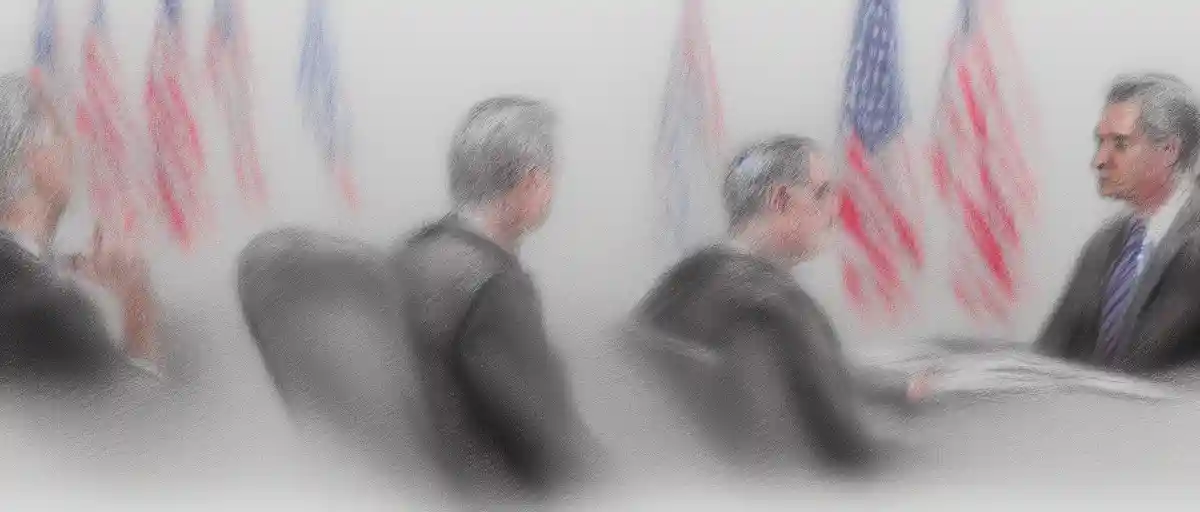This Could Be Of Interest To You Too:
The recent violation of the Hatch Act by Karine Jean-Pierre, White House Principal Deputy Press Secretary, is a concerning reminder of the possibility of political bias infiltrating the federal workplace. At first, advocates of the Hatch Act argue that it is necessary to prevent civil servants from using their government positions to influence political outcomes. That said, detractors of the Hatch Act claim that it impinges on the First Amendment rights of civil servants and restricts their ability to engage in political discourse.
Those in favor of the Hatch Act argue that civil servants should be neutral actors and unable to influence politics while in their official capacity. The Hatch Act promotion of political neutrality through the removal of political actors from the federal workplace. This ensures that government decisions remain unbiased and free from any external influence. The Hatch Act is therefore necessary to ensure good governance and to maintain the integrity of the federal government.
However, opponents of the Hatch Act argue that it limits freedom of speech and expression and hinders citizens’ engagement with democracy, preventing civil servants from expressing their political views and participating in political activities. The restrictions of the Hatch Act infringe on the principles of free speech enshrined in the First Amendment and could lead to a more significant government control and increased censorship of certain voices. It is important to note these detractors do not support the abuse of a position by government officials to promote or endorse political views, but advocate for a balance between neutrality and the right to free expression.
The Hatch Act serves an important purpose, preventing government employees from influencing political outcomes while in their official capacity. Violations of the Hatch Act, such as those by Karine Jean-Pierre, represent a risk to the integrity of our government and undermine the neutrality of our civil service. However, it is equally important to protect the free speech rights of public servants, while ensuring that neutrality is maintained at the same time. In doing so, we preserve a balance between the two and promote the principles of democracy and good governance.
Here's A Video We Thought You Might Also Like:
Author Profile

- As a seasoned reporter, I strive to provide accurate and unbiased news coverage, with a particular focus on political affairs. I believe in the power of journalism to inform and inspire change in the political landscape.
Latest entries
 Breaking News2023.12.19Lawmakers Clash Over Biden Administration’s Environmental Actions – Supreme Court to Weigh In!
Breaking News2023.12.19Lawmakers Clash Over Biden Administration’s Environmental Actions – Supreme Court to Weigh In! Breaking News2023.12.18Eye-opening New Poll Reveals the Unbelievable Decline in Biden’s Approval Rating!
Breaking News2023.12.18Eye-opening New Poll Reveals the Unbelievable Decline in Biden’s Approval Rating! Breaking News2023.12.18Sandra Day O’Connor’s Retirement Announcement Shocks the Nation
Breaking News2023.12.18Sandra Day O’Connor’s Retirement Announcement Shocks the Nation Breaking News2023.12.18Overwhelming Revelation Artificial Intelligence Arms Race Sparks Global Concerns!
Breaking News2023.12.18Overwhelming Revelation Artificial Intelligence Arms Race Sparks Global Concerns!






